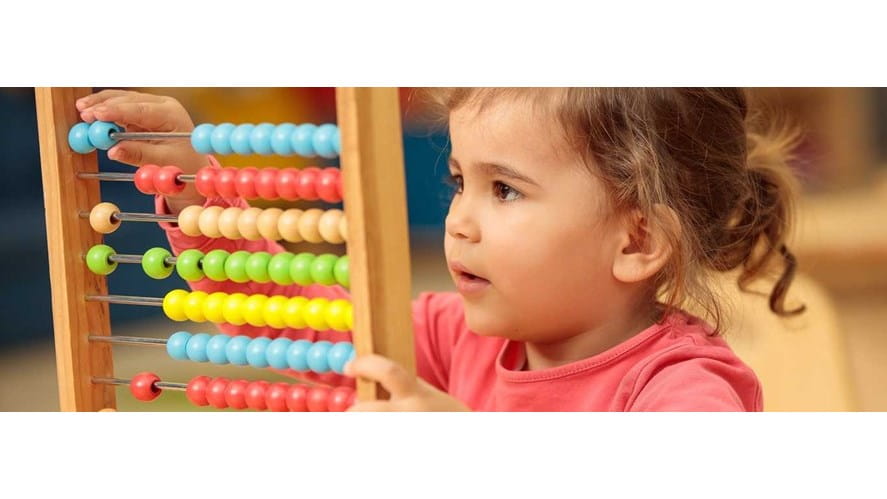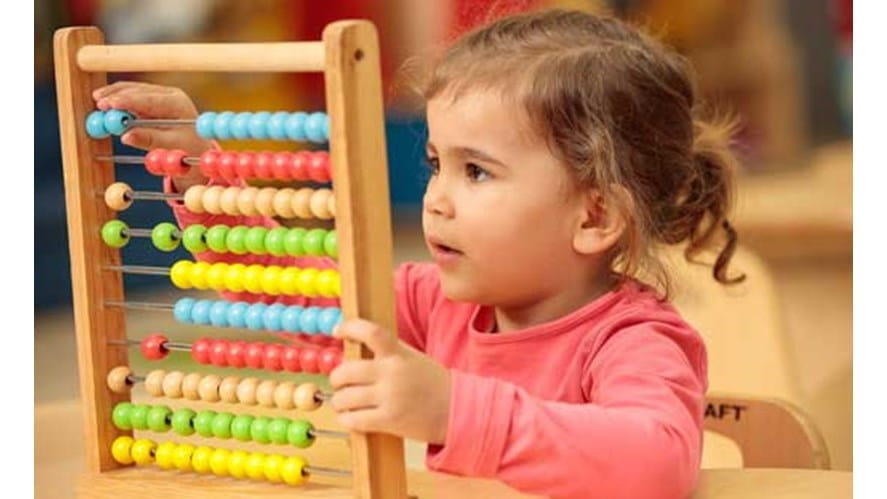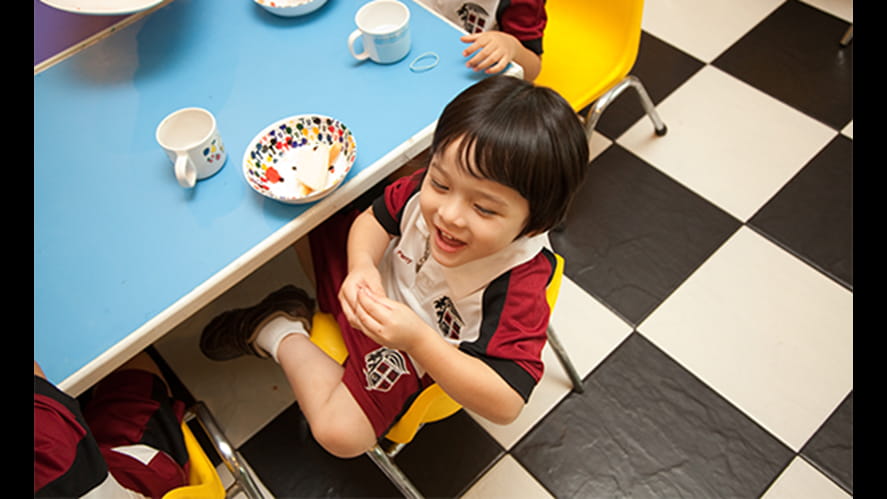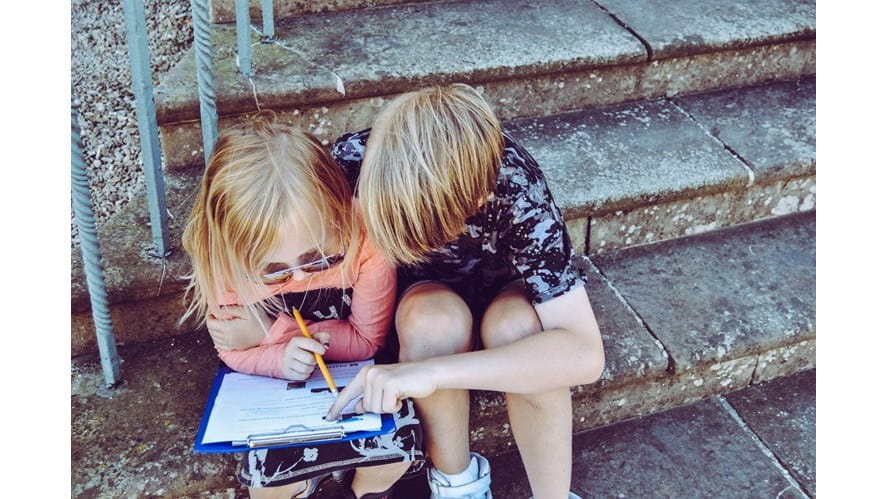Helping Your Child Overcome Separation Anxiety
The first week at school can be a difficult time for children and their parents. Find out some ways that you can help with your child's separation anxiety.

Separation anxiety is something that most families will face at some point. While many older children are happy to be back at school and reunited with their friends, children in the Early Years are especially prone to separation anxiety.
For many parents, dropping their crying child off at school can be very upsetting. It is important to know that it is perfectly normal for your child to get upset when they have not yet settled at school. Most children will get upset at some point, whether it is at drop off, half an hour into the day or later when they are feeling tired. It is important to remember that it is the job of your child’s teachers to help them settle and they have a lot of experience in dealing with separation anxiety. However, it may be consoling to know that there are some things that you can do as a parent. So what can you do?
Communicate with your child’s teachers
Establishing good communication between the parents/carers and teachers is especially helpful in the early days. Tell your child’s teachers what they like to play with and what books they like to read. Bring along a special toy if you feel it will help the transition. At drop off each day, tell you teacher if they did not sleep well last night or if they have not eaten breakfast. Information like this can help your teacher to be more sensitive to your child’s needs.
Before you come to school each day
Talk to your child about school. Talk about their favorite teacher and which toys they like to play with when they are at school. If they have already started at school, ask them about something fun that they did or find out from their teacher at the end of the day. You can repeatedly go back to talking about whatever it was that they enjoyed as a way to talk about school in a positive way.
Talk about the schedule in a simple, shortened format
Find out the schedule that your child’s class will be following. You can use your fingers to count out what the schedule will be, “First you will have a play, then you have Spanish, then it’s snack time, after that playroom time, and then I’m coming to get you!”. Breaking it down into a simple schedule that you can count down on your fingers can be reassuring and make the day seem shorter.
Let them feel sad
If your child feels sad, it’s ok. You can talk about why they feel sad and why it’s ok to miss Mommy and Daddy. With very young children, you can use this experience as an opportunity to talk about feelings for the first time. You can also talk about what made them happy at school. Did they play with a favorite toy? What about in the playroom? Did they enjoy playing on the bikes? You can focus on the positive things when you are on your way to school. “You can play with the bikes again!”
When it is time to separate
It is very helpful if the parent or carer is confident and positive. Having an upbeat demeanor will help your child to feel more confident heading into the classroom each day. When you separate, you can give a big hug, tell them that you will be back and then leave them with their teacher. This will set the precedent and the expectations for each day at drop off time. When you have dropped off, leave and make sure you are not visible to your child if you do hang around for whatever reason.
Finally…
Come back when you say you will. If your child understands that you will always come back, they will be reassured and find it easier to settle. Bear in mind that some children do not need much time to settle and some need longer. Talk to your teacher if you are worried about how long it is taking and find out if there is something that you might be able to do together. Remember that your child’s teachers are there to help and just as keen to get your child settled and happy at school.
Wishing you all the best of luck in the new school year. If you ever have any concerns, please talk to your child’s teacher or another member of staff!








